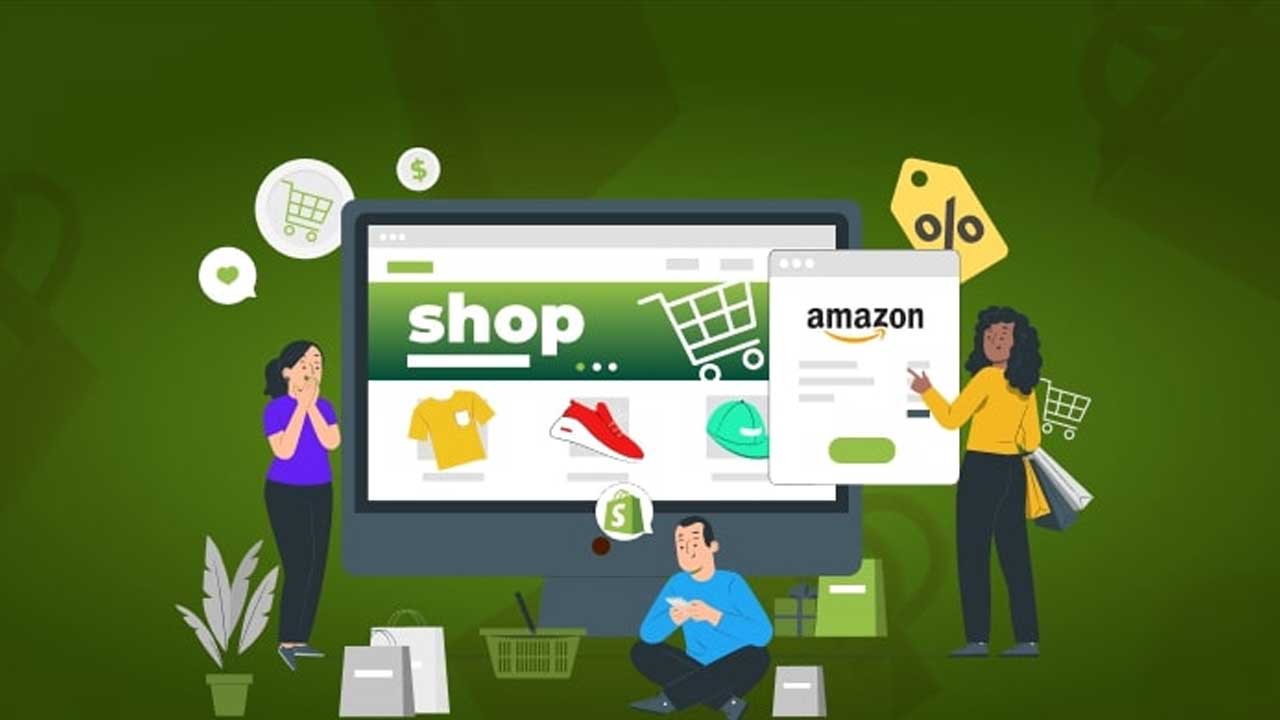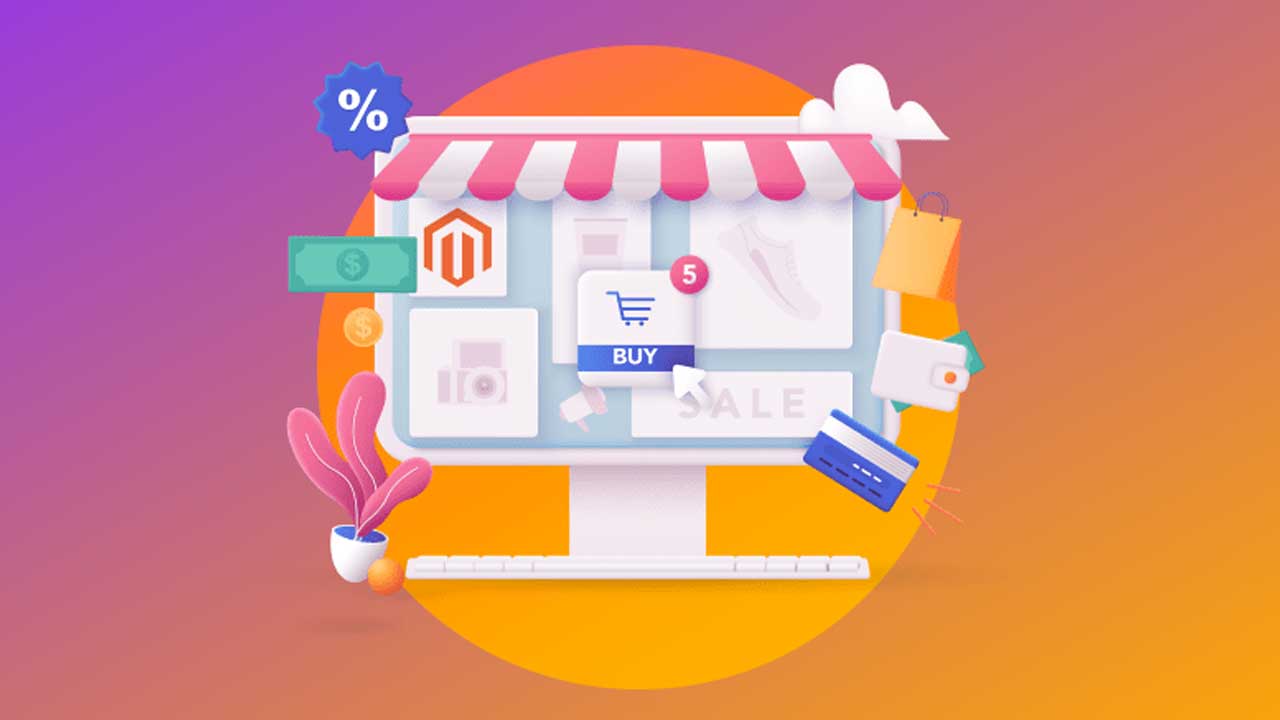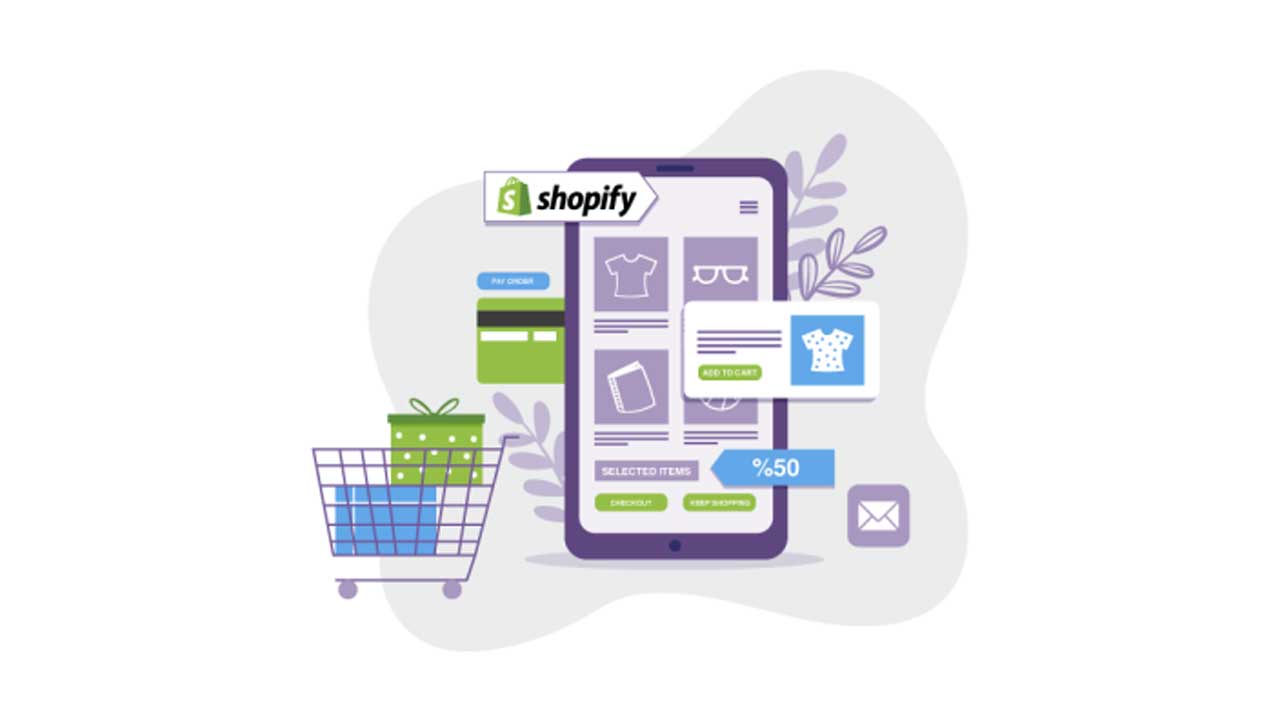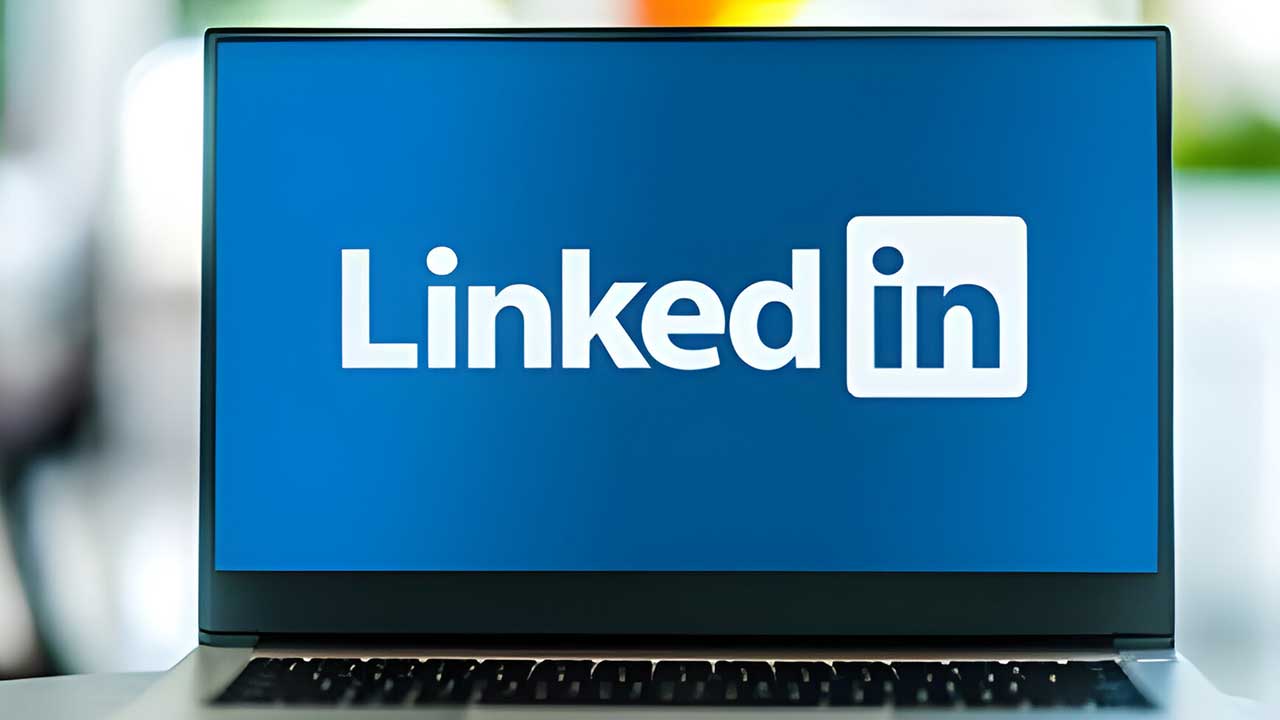Shopify Upgradation & Integration: Stay Ahead of the Curve with the Latest Shopify Upgrades and Seamless Integrations
As the eCommerce landscape evolves, staying competitive means keeping your Shopify store updated and fully integrated with the latest tools and technologies. Shopify’s upgrades bring new features, better performance, and enhanced security, while third-party integrations streamline your operations, automate processes, and improve customer experience. This blog delves into the importance of upgrading your Shopify store and integrating essential apps and systems to optimize your business.
1. The Importance of Regular Shopify Upgrades
Shopify consistently rolls out updates to improve the platform’s performance, security, and features. Here’s why regularly upgrading your store is crucial:
Enhanced Security: Regular updates include patches and improvements that protect your store from vulnerabilities and cyber threats.
New Features: Shopify introduces new features to improve store management, user experience, and marketing capabilities.
Better Performance: Upgrades ensure that your store runs smoothly and efficiently, providing a seamless experience for your customers.
Compatibility: Keeping your store updated ensures compatibility with new themes, apps, and third-party integrations.
2. Types of Shopify Integrations
Integrating third-party systems and apps with your Shopify store can boost your business by automating tasks, improving customer service, and offering better insights. Some key integration categories include:
Payment Gateways: Seamless integration with payment providers like PayPal, Stripe, and Square ensures smooth transactions for your customers.
Inventory Management Systems: Syncing your Shopify store with inventory management software like TradeGecko or QuickBooks helps maintain accurate stock levels and reduces manual effort.
CRM and Marketing Tools: Integrating CRM systems like HubSpot or Mailchimp automates marketing efforts and improves customer relationship management.
Shipping and Fulfillment Solutions: Integrate shipping software like ShipStation or AfterShip to streamline order fulfillment and provide real-time tracking updates to customers.
Social Media and Sales Channels: Connect your Shopify store with social platforms like Facebook, Instagram, and TikTok to expand your sales channels and reach a broader audience.
3. Steps to Upgrade Your Shopify Store
Upgrading your Shopify store is a straightforward process, but it’s important to follow a structured approach to avoid disruptions:
Backup Your Store: Before making any updates, always back up your store’s data, themes, and apps to avoid losing valuable information.
Check Theme Compatibility: Ensure that your store’s theme is compatible with the latest Shopify update. If needed, get a theme developer to update custom themes.
Test the Update in a Development Environment: Use a development store to test new updates and integrations to identify potential issues before deploying them on your live store.
Update Apps and Plugins: After updating your Shopify version, update all apps and plugins to ensure they work smoothly with the new version.
Monitor Store Performance: Post-upgrade, monitor your store’s performance and troubleshoot any issues that arise.
4. Best Practices for Shopify Integrations
For seamless integration and to avoid potential conflicts, follow these best practices:
Prioritize Essential Integrations: Start with key integrations that directly impact your business operations, such as payment gateways and inventory management systems.
Ensure Compatibility: Check that your chosen apps and systems are compatible with Shopify and each other.
Monitor and Test Regularly: Regularly test integrated systems to ensure they’re working as intended and not causing performance issues.
Optimize for Scalability: Choose integrations that can scale as your business grows, ensuring they meet your long-term needs.
5. Benefits of Shopify Upgradation and Integration
Investing in regular upgrades and strategic integrations brings several advantages:
Operational Efficiency: Automating tasks through integrated systems saves time and reduces manual errors.
Improved Customer Experience: Enhanced features, seamless transactions, and real-time communication improve overall customer satisfaction.
Scalability: Updated stores and integrations enable your business to grow without facing technical bottlenecks.
Competitive Advantage: Staying current with the latest features and tools ensures your store remains competitive in a fast-evolving market.
Conclusion
Upgrading your Shopify store and integrating essential third-party systems is key to maintaining a high-performing, scalable eCommerce platform. By keeping your store up-to-date and seamlessly connected with the latest tools, you can enhance customer experience, optimize operations, and secure long-term growth. Regularly monitor, test, and refine your upgrades and integrations to stay ahead in the ever-changing world of eCommerce.
FAQs
Q1: How often should I upgrade my Shopify store?
It’s advisable to upgrade your Shopify store as soon as updates become available to benefit from new features, security patches, and performance improvements.
Q2: Will updating my Shopify store affect my existing integrations?
Some integrations may be affected by Shopify upgrades, especially if they’re outdated. It’s important to update all apps and plugins after upgrading Shopify to ensure compatibility.
Q3: What integrations are most important for a Shopify store?
Key integrations include payment gateways, inventory management, CRM and marketing tools, shipping solutions, and social media sales channels.
Q4: How can I test integrations before applying them to my live store?
You can use a development environment to test updates and integrations. This sandbox allows you to identify issues before deploying changes to your live store.
Q5: Can I handle Shopify upgrades and integrations myself, or should I hire a professional?
If you have technical expertise, you can manage upgrades and integrations yourself. However, for complex integrations or custom themes, it’s best to consult a Shopify expert to avoid issues.









